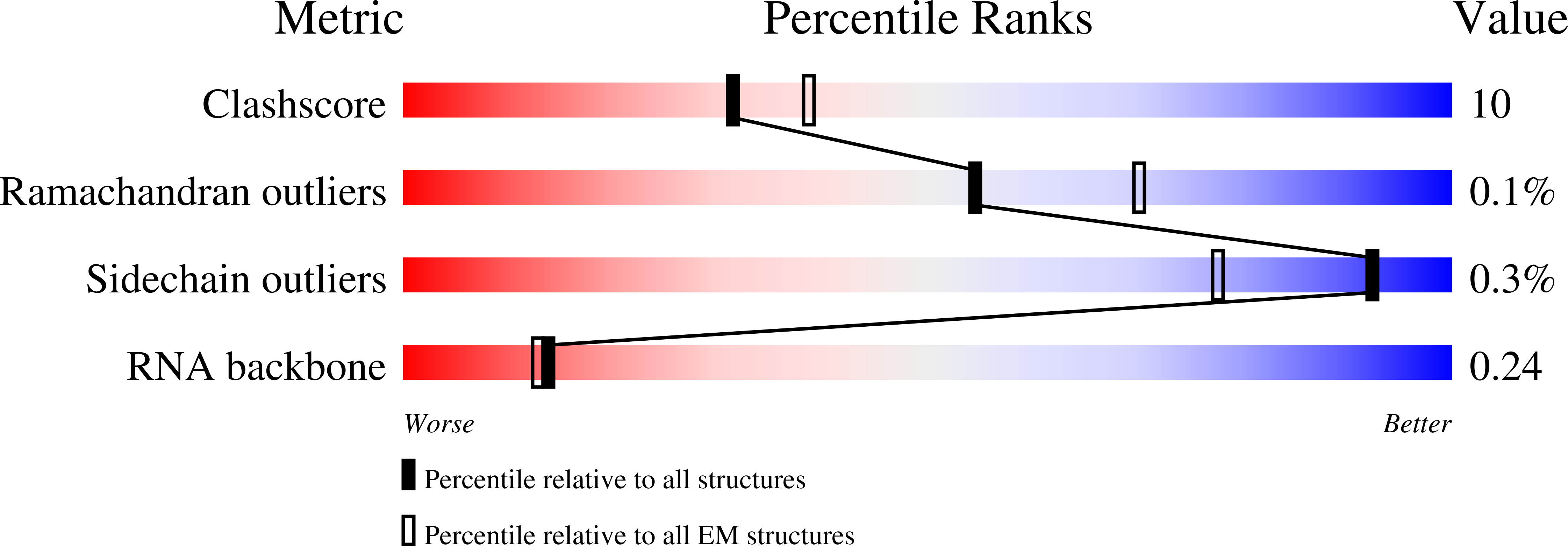
Deposition Date
2022-06-09
Release Date
2023-06-14
Last Version Date
2025-05-28
Entry Detail
Biological Source:
Source Organism(s):
Candidatus Scalindua brodae (Taxon ID: 237368)
Expression System(s):
Method Details:
Experimental Method:
Resolution:
2.71 Å
Aggregation State:
PARTICLE
Reconstruction Method:
SINGLE PARTICLE


